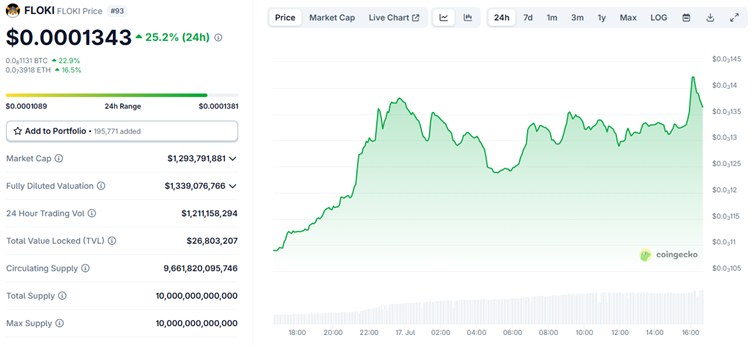Stay informed with free updates
Simply sign up to the Airlines myFT Digest — delivered directly to your inbox.
US airline chief executives expressed frustration over Boeing’s quality issues on Tuesday, as they revealed the extent of the cost impact and delivery delays from the fuselage blowout on an Alaska Airlines flight earlier this month.
“We’re going to hold them accountable. Boeing needs to get their act together,” American Airlines chief executive Robert Isom told analysts on Thursday.
Boeing’s issues over the past number of years were “unacceptable”, he added. No matter who was leading the plane maker, he said, “all of Boeing needs to come together and to get back on the right track”.
His comments follow strong words from bosses at rivals United Airlines and Alaska Airlines.
“We’re going to hold Boeing’s feet to the fire to make sure that we get good aeroplanes out of that factory,” Alaska CEO Ben Minicucci told analysts on Thursday.
Alaska executives were having “tough, candid conversations” with Boeing’s leadership, he added, saying that what happened on the Max 9 “should never have happened at all” and was “not acceptable”.
Shares in Boeing closed down 5.7 per cent on Thursday after the Federal Aviation Administration on Wednesday barred it from expanding output of its Max series, citing quality-control concerns. Its market value has fallen by about a fifth since the start of the year.
On Thursday the company paused production at its plant in Renton, Washington, for 15 hours to discuss quality issues with more than 10,000 workers.
Alaska on Thursday said it expected to take a $150mn hit to profits this year from the grounding of its Boeing 737 Max 9 fleet after the mid-air loss of a door plug on one of its flight from Oregon to California on January 5.
Together with potential future delivery delays, the Seattle-based airline said its previous flying capacity growth forecast of between 3 per cent and 5 per cent might not be met.
Rivals Southwest and American, meanwhile, expect fewer Boeing aircraft to be delivered than planned this year as a result of the accident and the FAA ban on the aircraft maker expanding production.
The 737 Max family of single-aisle jets are Boeing’s most popular planes and are flown by airlines around the globe.
The plane maker had been aiming to increase output of the Max to meet delivery and financial targets, but Michael Whitaker, head of the FAA, said on Wednesday the regulator would not approve such an expansion until it was “satisfied that the quality-control issues uncovered during this process are resolved”.
Southwest was now planning for about 79 Max aircraft to be delivered in 2024, down from the 85 agreed with Boeing, including 27 Max 7s and 58 Max 8s, it said on Thursday. The Max 7 aircraft is still awaiting certification and the airline added its capacity plans were “subject to Boeing’s production capability”.
Southwest CEO Robert Jordan voiced some support for Boeing, saying: “I have absolute confidence they will work their way through this and address the issues.”
American chief financial officer Devon May on Thursday told analysts the carrier expected 20 Max 8 deliveries this year. In October, the airline had pencilled in 25 Max family deliveries for 2024.
The 171 Max 9 jets grounded after the Alaska incident are expected to return to service soon. United, which operates the largest Max 9 fleet, on Wednesday said it expected to begin flying the aircraft again on Sunday, while Alaska’s fleet will gradually return to the skies by early February.
Pressure is mounting on Boeing after the blowout, which is viewed as the latest in a line of quality issues since two fatal crashes of the smaller Max 8 in 2018 and 2019 that killed a combined 346 people.
United chief executive Scott Kirby earlier this week said he was reconsidering a large order for the Max 10, the largest Max variant that is also awaiting FAA certification. As with other US rivals, the airline does not expect Boeing to meet its aircraft delivery commitments this year, and said delivery delays from the plane maker could be expected into 2025.
With the knock to profits, Alaska said it anticipated 2024 adjusted earnings per share of $3-$5. Analysts had projected adjusted EPS of $4.93.
In Europe, low-cost carrier Ryanair, one of Boeing’s largest customers, on Thursday welcomed the FAA’s decision to block the expansion of the Max production line, which it said would “allow Boeing the time and space to improve quality control of the aircraft it manufactures”.
The Irish airline added it had been reassured there would be no additional delays to deliveries of its Max 8 aircraft.
Shares in American and Alaska closed up 10.3 per cent and 4.5 per cent, respectively in New York trading, while Southwest dipped 2.3 per cent.
Credit: Source link











